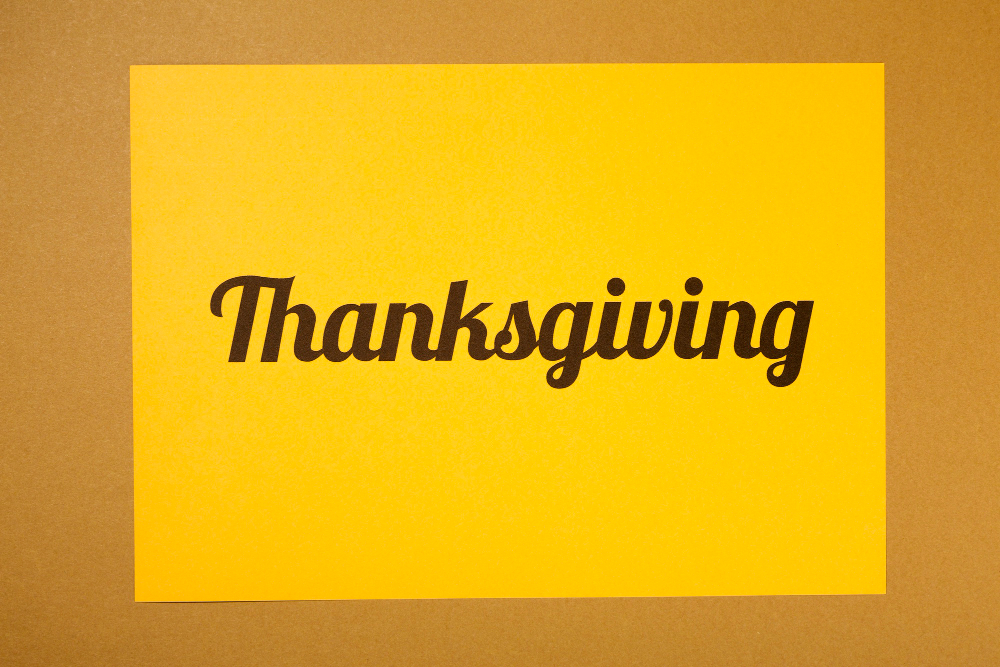Expressing gratitude is a universal act, but every culture has its unique ways of doing so. In Dutch culture, gratitude holds significance in both formal and informal settings. Whether you’re visiting the Netherlands, meeting Dutch friends, or simply trying to learn the language, knowing how to say thank you will enrich your interactions and foster deeper connections. From everyday phrases to more formal expressions, there are various ways to convey your appreciation. This article explores 10 essential ways to show appreciation and say thank you in Dutch.
Thank You in Dutch: The Everyday Dankjewel
One of the first and most common phrases for thank you in Dutch is dankjewel. This is the go-to expression used in casual conversations with friends, family, and acquaintances. Pronounced as dahnk-yuh-vell, it is equivalent to thanks in English and is used across the Netherlands and Flemish-speaking regions of Belgium.
Dankjewel is versatile and can be used in most informal contexts. Whether someone passes you an item, helps you with a task, or offers a small favor, dankjewel is the perfect way to express your appreciation in Dutch.
Thank You in Dutch: Polite and Formal Dankuwel
In more formal or polite situations, the phrase thank you in Dutch that you should use is dankuwel. This version is ideal when speaking to someone you don’t know well, addressing superiors, or interacting in professional settings. People translate it to thank you in a more respectful tone and pronounce it as dahnk-oo-vell.
If you’re dining at a restaurant, thanking a professor, or engaging in formal business communication, dankuwel shows a level of politeness that dankjewel might not convey. It’s a small yet important distinction in Dutch etiquette.
Bedankt: A Simple Yet Effective Thank You in Dutch
Another essential way to show appreciation in Dutch is by using the word bedankt. People use this word frequently in both casual and formal settings, similar to dankjewel. People pronounce it as beh-dah angkat and consider bedankt a middle ground between the casual dankjewel and the formal dankuwel.
Bedankt is suitable for a variety of situations, from thanking a colleague at work to expressing gratitude to a friend. Its simplicity and versatility make it a must-know expression.
Hartelijk Dank: Heartfelt Thank You in Dutch
For a deeper expression of gratitude, the phrase hartelijk dank is an excellent choice. Translated as heartfelt thanks or thank you very much, this expression conveys a greater sense of sincerity and appreciation. Pronounced hahr-tuh-lik dahnk, it’s ideal for situations where you want to show genuine, heartfelt gratitude.
Use hartelijk dank after someone has gone above and beyond to help you, or when you want to express significant appreciation for a favor or act of kindness.
Heel Erg Bedankt: Emphasized Thank You in Dutch
When a regular thank you doesn’t seem like enough, you can use heel erg bedankt. This phrase translates to thank you very much or thanks a lot, and adds an extra layer of emphasis. It’s pronounced hayl airg beh-dahngkt.
Heel erg bedankt is particularly appropriate in situations where someone has done something very generous or has gone out of their way to assist you. It shows a higher degree of appreciation than the simpler bedankt.
Ik Dank U: Formal and Respectful Thank You in Dutch
For a polite and respectful thank you, the phrase ik dank u is appropriate. This translates to I thank you and is often used in formal and professional settings. Pronounced ik dahnk oo, it conveys a sense of respect and formality that isn’t present in the more casual phrases.
Ik dank u is less commonly used in everyday conversation but is useful when addressing authority figures, professionals, or people you wish to show deep respect for.
Dankjewel Voor Je Hulp: Thank You in Dutch for Specific Help
When someone offers you assistance, whether it’s helping you move, guiding you through a task, or providing advice, the phrase dankjewel voor je hulp is a great way to say thank you. This translates to thank you for your help and is pronounced dahnk-yuh-vell vohr yuh hulp.
This expression allows you to not only thank the person but also specifically acknowledge the help they provided, making your gratitude more personal.
Veel Dank: Warm and Generous Thank You in Dutch
For a warm and generous way to say thank you, the phrase veel dank is an excellent option. Translated as many thanks, this phrase can be used in both formal and informal contexts. The pronunciation is vayl dahnk.
Veel dank carries a friendly, appreciative tone and can be used in a variety of situations, from thanking a colleague at work to expressing gratitude after receiving a gift.
Dankjewel Voor Alles: Thank You in Dutch for Everything
Sometimes, you need to thank someone for more than just one action or gesture. In those instances, the phrase dankjewel voor alles is perfect. This translates to thank you for everything and is pronounced dahnk-yuh-vell vohr ah-luhs.
Use this phrase when someone has consistently supported you or provided ongoing help. It conveys a deep sense of appreciation for all that they have done.
Ik Stel Het Zeer Op Prijs: High Appreciation Thank You
Finally, for expressing high appreciation in a more formal context, you can use the phrase ik stel het zeer op prijs. This translates to I highly appreciate it and is pronounced ik stehl het zeer op prays.
This phrase is ideal for professional or academic settings when you want to show a high level of gratitude and respect. It’s perfect for thanking someone for their contributions, efforts, or significant favors.
Conclusion
Learning how to say thank you in Dutch is not only a practical skill but also a respectful gesture toward Dutch culture. Whether you’re visiting the Netherlands, interacting with Dutch speakers, or simply expanding your language abilities, knowing how to express gratitude properly will enhance your relationships and improve your communication. These 10 essential phrases offer a range of ways to say thank you, from casual expressions to heartfelt and formal thanks. Master these phrases, and you’ll be prepared to show appreciation in any situation while making a lasting impression on those around you.
FAQs
Q1. What is the most common way to express gratitude in Dutch?
The most common way is by using dankjewel, which is the informal equivalent of thanks in English.
Q2. How can I show formal appreciation in Dutch?
For formal situations, dankuwel or ik dank u are ideal expressions that convey respect and politeness.
Q3. Is er een verschil tussen bedankt en dankjewel?
Yes, while both mean thank you, people use bedankt in both formal and informal settings because it is slightly more neutral, whereas they use dankjewel in more casual situations.
Q4. How do I express deep gratitude in Dutch?
To express deeper gratitude, use phrases like hartelijk dank or heel erg bedankt, which convey a stronger sense of appreciation.
Q5. What phrase should I use to thank someone for multiple favors?
You can use the phrase dankjewel voor alles, which means thank you for everything and acknowledges multiple acts of kindness or help.
Also read: Jamie Oliver Turkey and Leek Pie: 10 Mouthwatering Variations to Elevate Your Dinner





